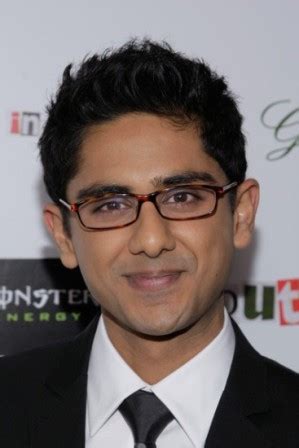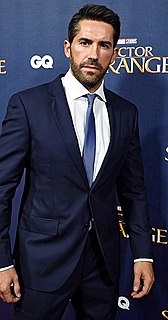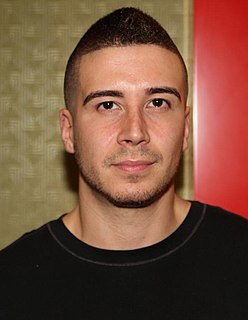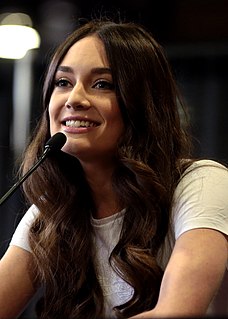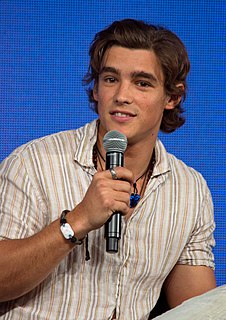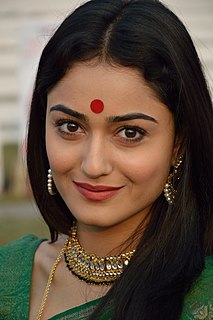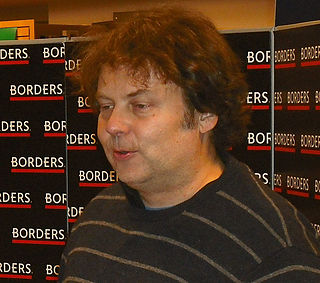A Quote by Diane Kruger
You can learn any accent you want. It's a fascinating thing.
Related Quotes
I didn't want to be on screen not nailing an American accent. It's an insult to an American! There are plenty of great American actors who can already do an American accent, so me, coming in and stealing their roles, the one thing I have to perfect is the accent. So for years I practiced. And we're lucky because the whole world is raised on a library of American movies. I would pretend to be Jim Carrey, and, I say Robin Williams now because he's in my mind, but those actors really inspired us to be crazy and be theatrical.
I guess the most interesting thing that people think is I'm English. They think that I live in England and have a British accent. When they talk to me, at first they go, "Man, you have a great American accent," and I go, "No, no, no, this is my accent. I don't do accents." And then they're really disappointed, and they try to punch me.

